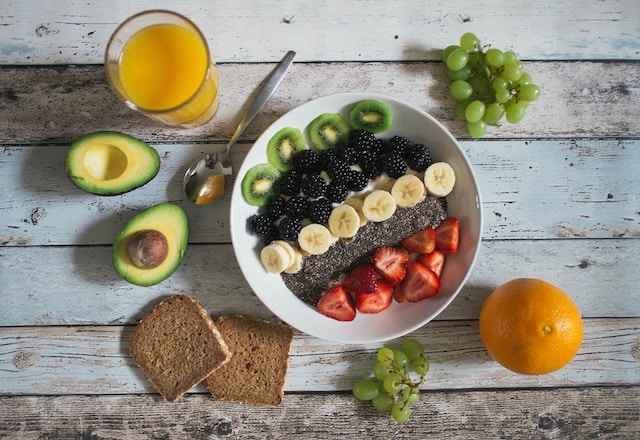It’s amazing how many different opinions people have about eating before bed. Some people say it’s great for dealing with insomnia and others warn that it’s the reason you have trouble sleeping in the first place. What’s the truth?
Does Eating Before Bed Affect Your Sleep Quality?

If you have trouble sleeping at night, eating a lot of food before bedtime may be the reason why. Men are affected by this, but women are affected even more:
- Making it harder to fall asleep
- Waking you up in the middle of the night
- Interrupting normal sleep cycles
- Decreasing the amount of time you spend in restful sleep
It's important to emphasize that sleep issues are mainly caused by foods that are high in fat, sugar or calories. Snacking on potato chips, ice cream, nachos, pizza or pie — or eating a big meal right before bed — can definitely affect sleep quality.
Do Certain Foods Make You Sleepy?

The good news is that not all foods are bad for bedtime. In fact, some are great for falling asleep. Foods containing tryptophan, serotonin or melatonin can help you unwind, feel calm, and sleep better. Here are my favorite nighttime superstars:
- Kiwi slices
- Tart cherries/tart cherry juice
- Almonds
- Milk
- Oatmeal
- Bananas
- Chamomile tea
- Passionflower tea
- Valerian root tea
I'm serious. Eat a kiwi before bed for a week and let me know how it goes. I didn’t believe it either, but it works wonders!
Does Nighttime Snacking Make You Gain Weight?

Some people gain a LOT of weight when they eat at night. Others actually lose weight! Why the difference?
It all comes down to portion control and calories. If you know you get hungry around bedtime, making yourself a healthy turkey sandwich an hour or so before bed won’t add to your waistline. In fact, it may help you eat more balanced meals the next day.
Some people like to eat a bowl of cereal, some fruit, or Greek yogurt. I prefer grabbing a portion of mozzarella cheese or some nuts.
Does a Healthy Diet Help You Sleep Better?

Do you remember how amazing you felt the last time you woke up completely refreshed? That’s how sleep is supposed to be all the time, but stress and health problems get in the way.
A healthy diet supports good sleep by giving the body has enough nutrients to produce lots of sleep hormones. Fiber, potassium, calcium, magnesium, vitamin D and antioxidants are all needed. Omega-3 fatty acids increase production of melatonin, the brain chemical that controls your sleep cycle.
To get plenty of omega-3s, add fresh fish (tuna, salmon, mackerel, sardines, etc.) to your diet a couple of times a week, or take a supplement. Eating a Mediterranean diet with lots of fresh veggies, fruit, olive oil and lean meats can be a great help, too.
Do You Really Need To Worry About Sleep Quality?

Your body doesn't start to repair itself at night until stage three of sleep (deep sleep). Stage four (REM sleep) is essential for brain health and memory. What this means is that waking up at night makes you miss out on health benefits.
That’s why you feel exhausted, sore or irritable. It’s why you have trouble concentrating or remembering. Your immune system suffers, too.
Falling and staying asleep is no joke. This is a pillow fight you need to win!


nice blog i will keep a copy of it norm